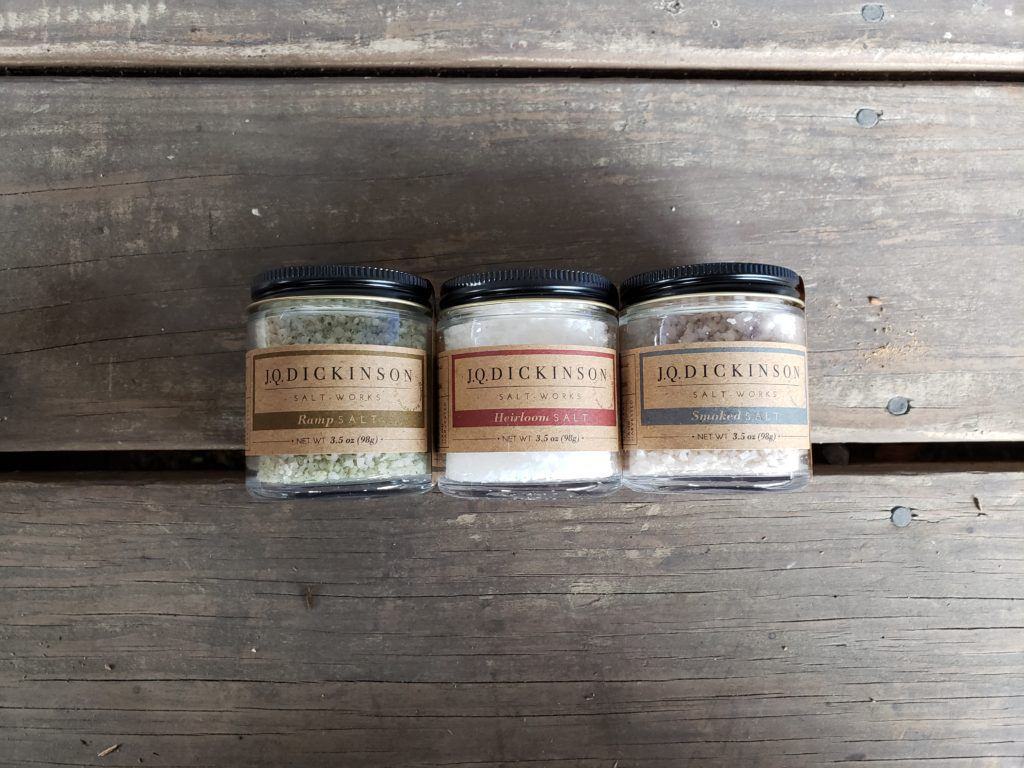Introduction:
As the holiday season approaches, retailers gear up for one of their busiest times of the year. We recognize the challenges that arise when searching for the ideal gift for friends and family during this festive time, and why it is often tempting to utilize the convenience of large online retailers or big box chains. Living in a world dominated by global commerce and online retail giants, the significance of shopping locally often gets overlooked. However, supporting local businesses is more than just a trend; it’s a crucial aspect of fostering vibrant, sustainable communities!
Here are 8 reasons behind the importance of shopping locally:
-
Economic Contribution
Shopping locally contributes to the cultivation of a strong community spirit. When you purchase goods and services from local businesses, you’re investing in the well-being of your neighbors and friends. Local businesses are the backbone of communities, creating a sense of identity and belonging. But how does this work, exactly?
Local businesses are powerful engines that drive economic growth at the grassroots level. When you shop locally, a significant portion of your money stays within the community, circulating through the local economy.
On average, anywhere from 48-79% of local, small business revenue goes back into the local economy, whereas only about 14% of revenue is circulated back into the community when you spend your money at chain stores. For big online retailers, this percentage is even lower. Where would you prefer your money to go? We know our answer!
-
Job Creation
Local businesses drive job creation. It is a common misconception that the opening of large retail chain stores create jobs for the surrounding area, but studies show this couldn’t be more false. On average, you can expect certain chains to destroy 1.5 local jobs as they often force the surrounding small businesses to close. From this study published in the American Economic Review comes this observation:
“‘Large employers on net destroy proportionally more jobs relative to small employers when unemployment is above trend, late in and right after a typical recession. Overall, this picture corroborates in part the common wisdom that small businesses are the engine of job creation: small firms appear to create more jobs as a fraction of their employment only when unemployment is high (which is, arguably, when jobs are most needed).’”
As if this weren’t bad enough, large box retailers also tend to lower the wage of all the surrounding workers due to its presence, while small businesses tend to affect wage growth positively. To put this into perspective, whenever certain large chains are established in an area, that area has been known to lose upwards of $2 billion dollars in wages for local workers.
-
Environmental Sustainability
Choosing local businesses over large corporations can also have positive environmental effects. Locally sourced products often involve less transportation, reducing the carbon footprint associated with shipping and distribution. Additionally, local businesses are more likely to implement sustainable practices, contributing to a healthier planet.
For us, this holds especially true, as we prioritize minimizing our carbon footprint. We are committed to incorporating numerous sustainable practices and we even handle the processing, production, and distribution of our products in-house. Additionally, any products in our inventory that are not our own are consistently sourced locally within the Appalachian region, many local to West Virginia, which supports small businesses a lot like ours and works to create an even stronger positive environmental and economic impact.
-
Unique Products
Your favorite people deserve truly special gifts. Locally, you’ll typically find carefully handcrafted and unique products that reflect the diversity and creativity of the community. When you shop locally, you’re not just buying a product; you’re investing in something with character and history.
Our operation, for example, is based on history and tradition. J.Q. Dickinson & Co first started producing salt in 1817, and we’ve carried this West Virginia tradition of salt-making into the modern day.
-
Personalized Customer Service
Local businesses are deeply connected to their own communities, and that connection is reflected in the quality of customer service these businesses provide. Unlike large corporations and businesses, local business owners and employees often know their customers personally. This personalized touch enhances the overall experience, creating a connection that goes beyond a mere transaction.
Furthermore, local small businesses often invest in educating their employees on the ins and outs of the business, so you’ll always be dealing with someone who is really knowledgeable in the business they work with. Inversely, large corporations have many departments and levels of expertise, which can make it difficult to get questions answered and issues resolved.
-
Preservation of Cultural Identity
Local businesses contribute to preserving the cultural identity of a community. They often showcase the local flavors, traditions, and craftsmanship that make a region unique. By supporting local artisans and producers, you’re helping to maintain and celebrate the rich cultural heritage of your community.
Take our ramp salt, for example! Ramps are an Appalachian delicacy and we love showcasing this unique flavor. Our ramp salt, recently featured in Southern Living Magazine, is made with local ramps and processed in-house by our team.
-
Entrepreneurship and Innovation
Local businesses are the birthplaces of innovation and entrepreneurship. When you shop locally, you’re supporting the dreams and aspirations of small business owners who bring fresh ideas to the market. These businesses are more likely to take risks, experiment with new concepts, and contribute to the dynamic evolution of the local economy.
Additionally, businesses frequently demonstrate genuine support for leadership and entrepreneurship among their employees, thereby cultivating an atmosphere conducive to the emergence of new local business endeavors.
-
Investment in Education and Healthcare
Taxes generated by local businesses play a pivotal role in funding essential community services, including education and healthcare. When you choose to support these enterprises, you’re not only fostering economic growth but also making an indirect investment in the well-being and education of future generations. This creates a positive cycle of progress and development.
In West Virginia, where population decline is a pressing issue, many individuals leave not out of choice but necessity in search of better opportunities. Keeping your financial support local is just one very powerful way to reintroduce opportunities and contribute to the revitalization of the state.
Conclusion:
Shopping locally is not just a transaction; it’s a commitment to building a stronger, more resilient community. It’s about fostering relationships, continuing traditions, supporting the dreams of entrepreneurs, and creating a sustainable and vibrant local economy. Shaping a positive future for our local communities is possible, and it starts with the choices we make as consumers. So, the next time you contemplate a purchase, consider the impact it could have on the place you call home.







